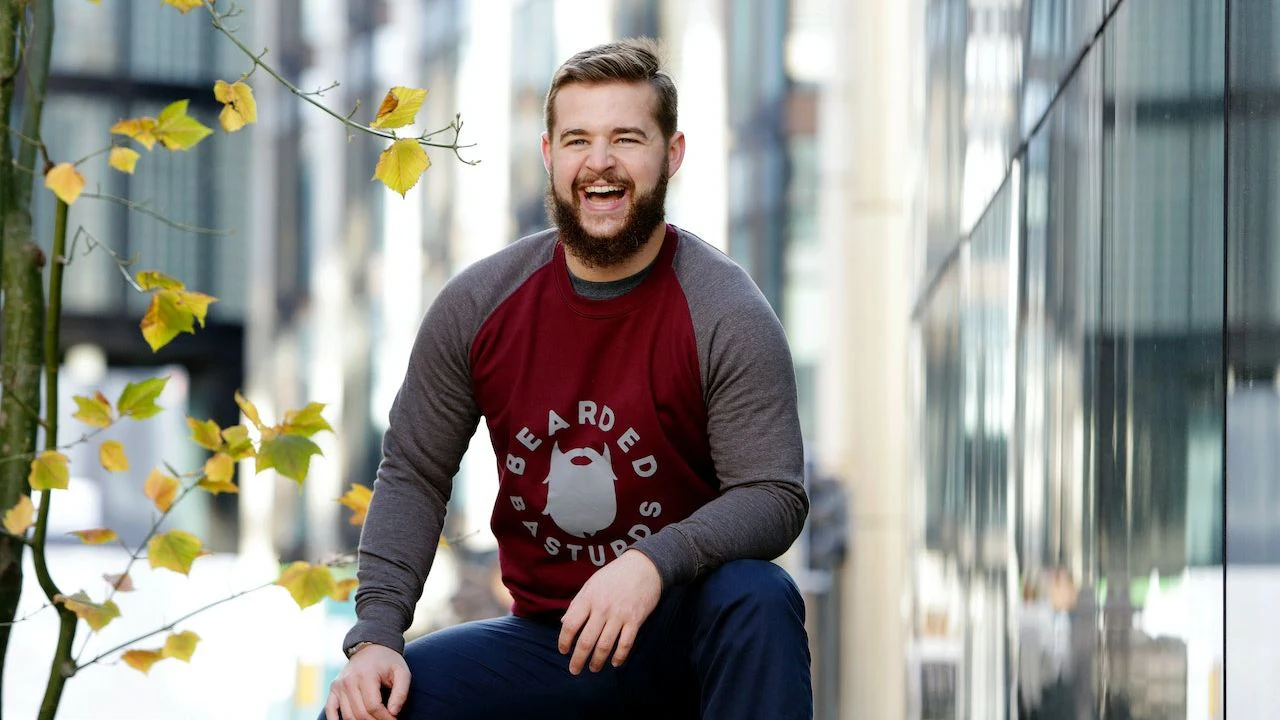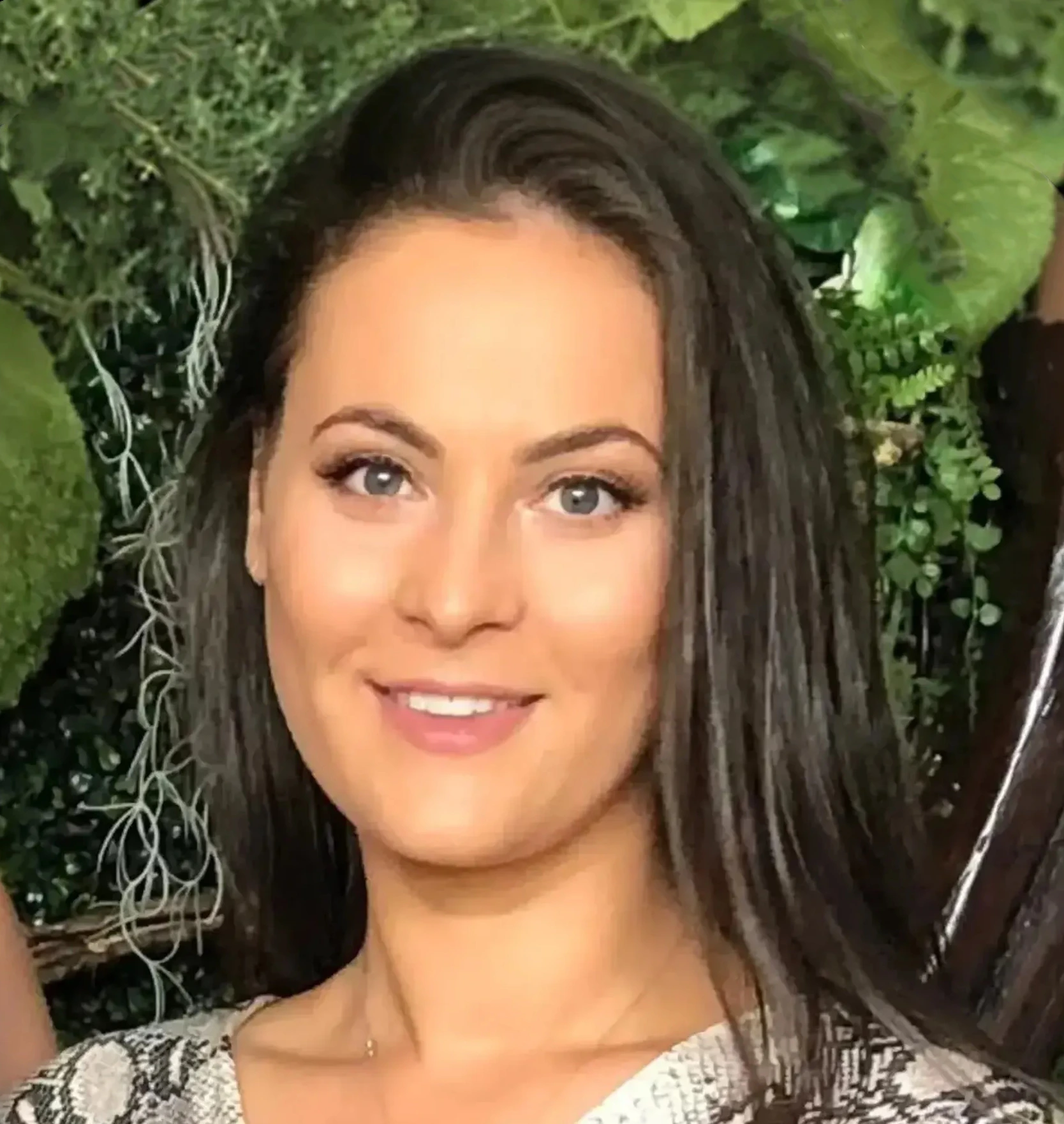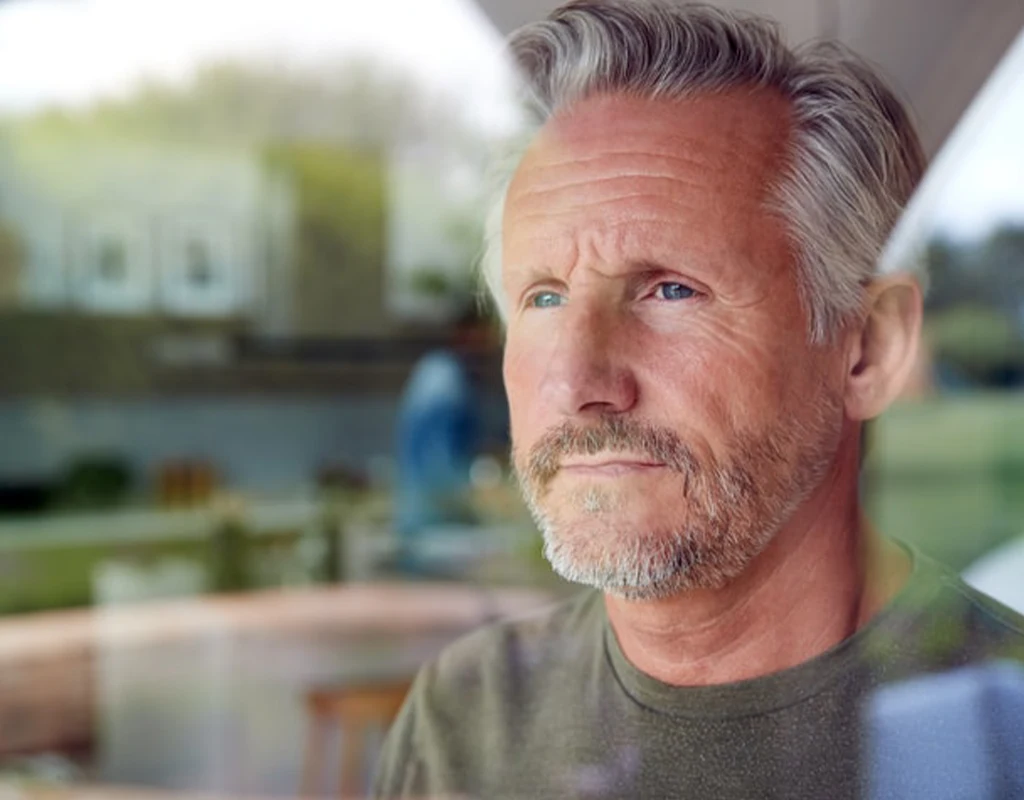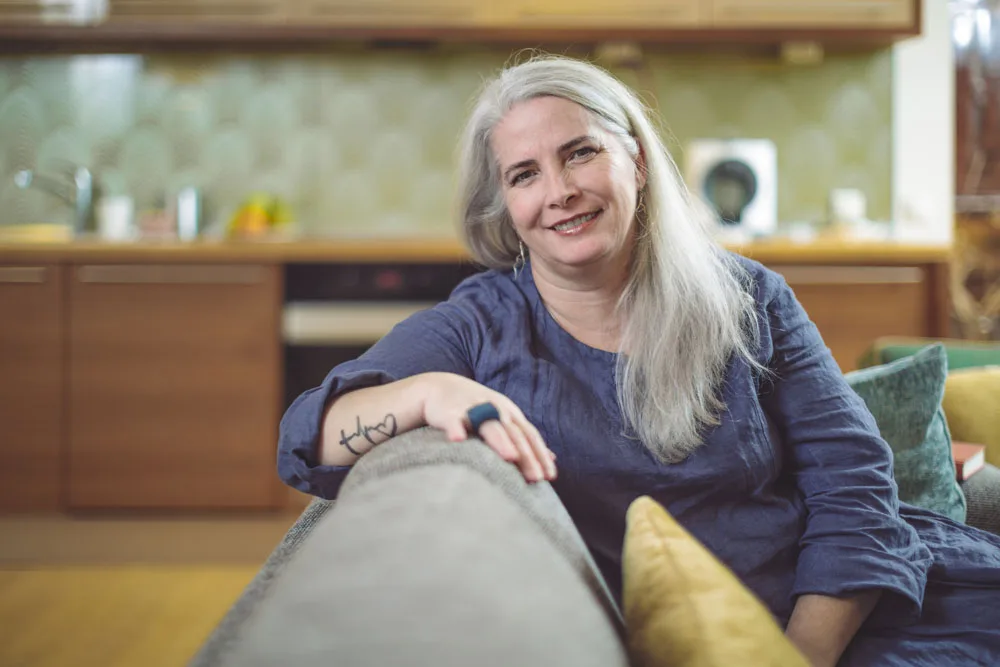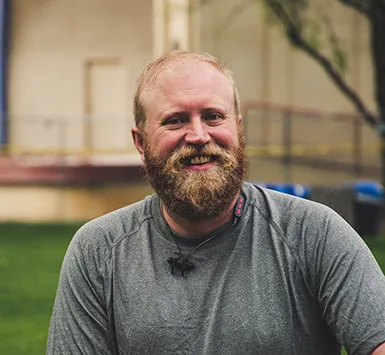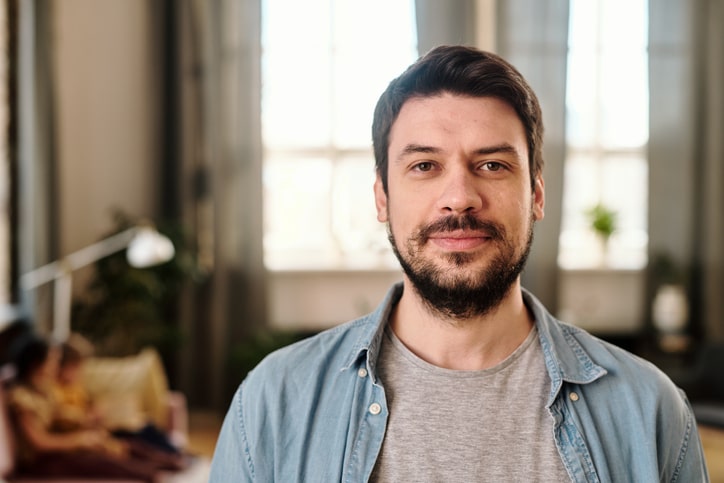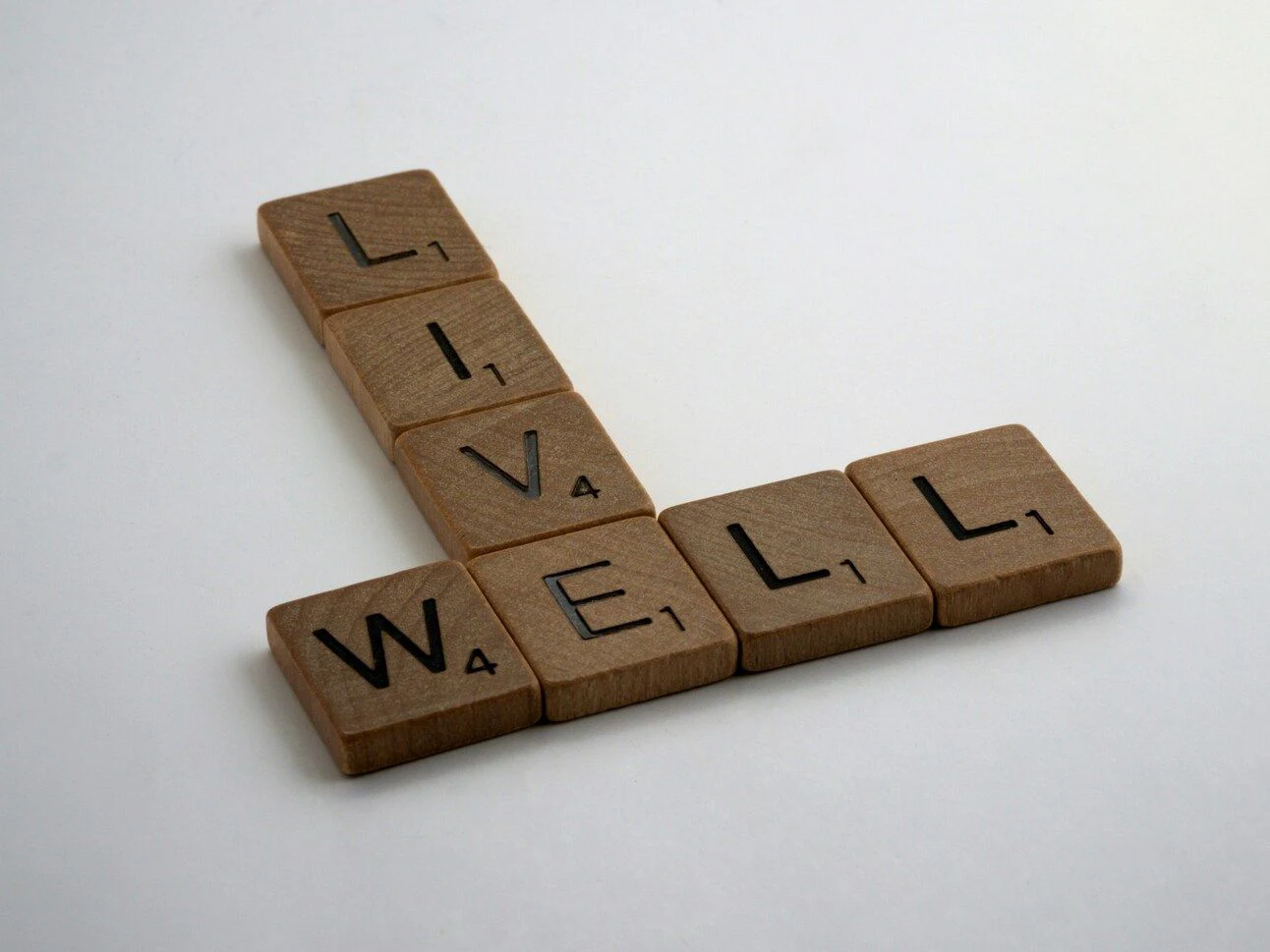
Guide to NDIS support coordination for mental health conditions
There are many supports that can help people with a mental health condition and/or psychosocial disability live their life well, in a meaningful and contributing way.
The NDIS provides government funding to people with a disability, including a psychosocial disability, to help them pay for the services and supports they need because of their disability. If your condition is permanent and affects your ability to do everyday things then the NDIS may help you to get the support you need. Read more information about NDIS eligibility for psychosocial disabilities and mental health condition.
Sometimes organising NDIS supports – knowing what services are available and how to arrange them – can be a challenge, to put it mildly! This is where a support coordinator can help.
You are not defined by your illness: people with mental health conditions can get treatment, put in place strategies, and find solutions to live happily and functionally. Everything won’t always run smoothly, but having a great support team around you and a plan for the times you need it can make a big difference.
In this article we explain how a support coordinator can help you to build this support team and get all your supports working together for you.
What does a support coordinator do?
A support coordinator helps you to understand what’s included in your NDIS plan and to find the right support services for you and your situation. This can include explaining different types of support, looking at the available options and helping you to make your own choice about the providers you want to use.
A support coordinator can help you to get started with a new provider, including negotiating arrangements and pricing, making sure the provider understands your situation and preferences, and organising bookings.
An NDIS support coordinator can help you to:
- understand the NDIS price guide and how to use your plan
- build community connections
- help you achieve your NDIS goals
- assist you with NDIS reviews
- help you establish your supports
- help problem-solve and manage a crisis.
There are also ‘specialist support coordinators’ who are trained to work with more complex cases or in situations where there’s a risk the participant may not be able to get critical support unless they have help from an expert. If you have a complex support environment, you might use a specialist support coordinator for a short period of time to fix some issues and get some good support systems in place, which will set you up for the future. Read more in our guide to specialist support coordination.
What’s the difference between a support coordinator and a recovery coach, which one should I use?
Recovery coaching is where a qualified professional who understands psychosocial disability partners with you to organise your supports and work towards your goals.
Recovery coaches complement other forms of support, acting as your go-to person for bringing together all the supports you need to assist you to live a good life, in the way you want.
So you can see that a recovery coach does several of the same things as a support coordinator.
But recovery coaches also:
- Have specialist knowledge and skills in recovery
- Know how the mental health system works and can help you navigate it
- Understand the impact of stigma and use empowering language
- Coach and support people to work towards your recovery goals
- Work with your other services to make sure you’re supported in a way that works for you
- Can help you create advance directives and crisis management plans to support you if you become unwell
- Assist with discharge planning.
Read more information about recovery coaching.
If you’re using your NDIS plan to pay for supports, you will need to check what’s in your plan budget to see what type of support you can use. If you have a recovery coaching budget at the category level, the choice is yours, you can use your budget for either support coordination or recovery coaching. If the budget is a stated item, this means you can only use it for recovery coaching. If you want some help understanding this, just get in touch with us and we’ll help you figure it out.
Similarly, if you have stated funding for support coordination, you can only use those funds for support coordination, if this is more of the type of service you are looking for. In line with the NDIS price guide, recovery coaching is usually a bit cheaper per hour than support coordination, but the fee structures for them are a little different. With support coordination you have a flat fee no matter when or what day the service is delivered. However, with NDIS Recovery Coaching the prices changes depending on the time of day and whether it’s a weekend.
If you want to find out more about how Goal Coach’s support coordination or recovery coaching can support you live a life beyond the label of psychosocial disability, book a free 15-minute chat with one of our friendly coaches.
